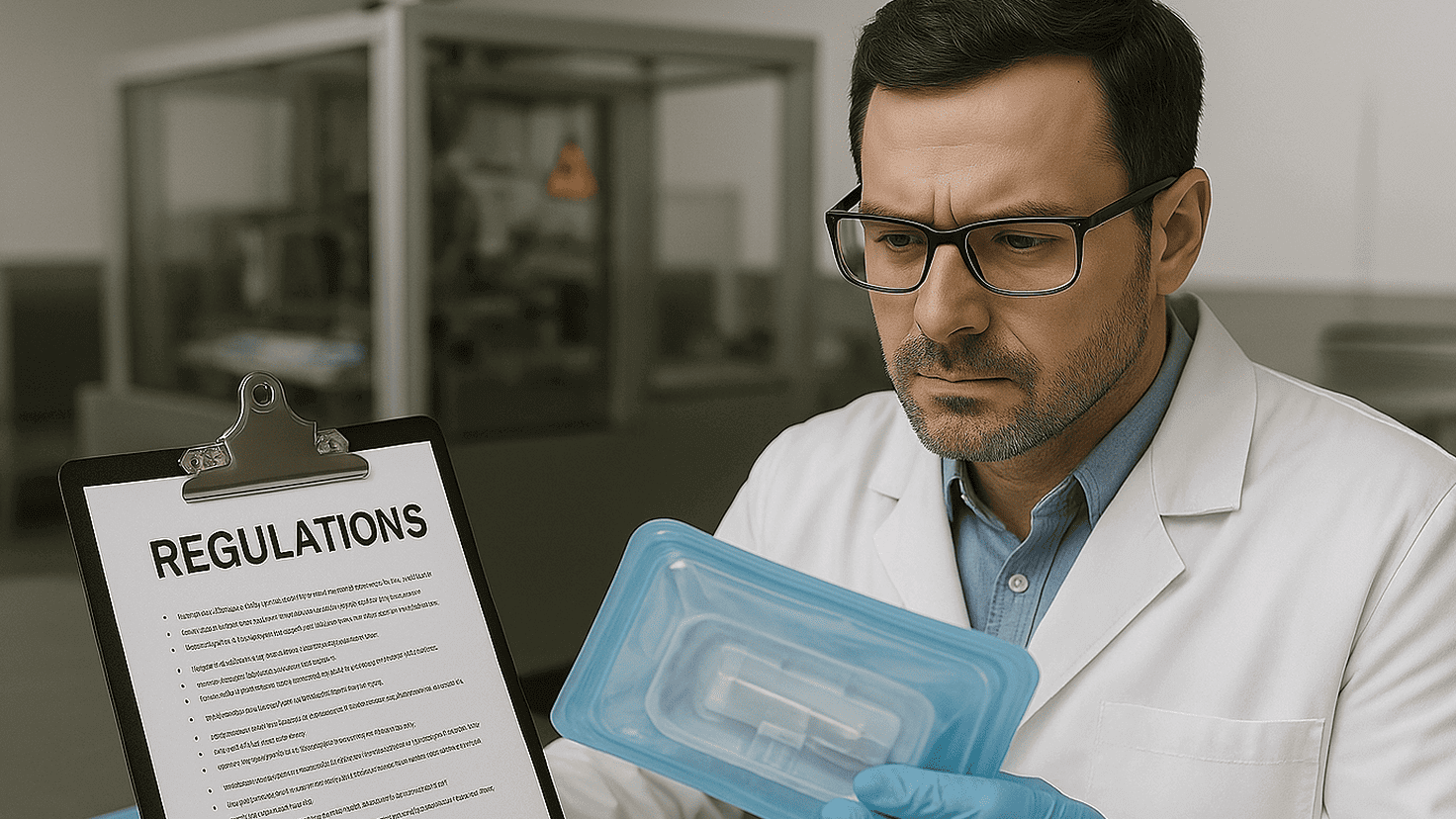The Drug Regulatory Authority of Pakistan (DRAP), the country’s regulating agency in healthcare products, has published a guidance document dedicated to conducting and reporting good clinical practice inspections.
The document provides an overview of the applicable regulatory requirements, as well as additional clarifications and recommendations to be taken into consideration by medical device manufacturers and other parties involved to ensure compliance to them.
The authority also reserves the right to change the guidelines and recommendations provided, should such changes be reasonably necessary to reflect corresponding amendments to the underlying legislation.
In particular, the document describes in detail the inspection process and relevant regulatory requirements associated to it.
Introduction to the GCP Inspection Process
The Good Clinical Practice (GCP) inspection is a crucial mechanism designed to ensure compliance with the established standards for conducting clinical trials. It involves a detailed scrutiny carried out by nominated inspectors from the Clinical Standards Committee (CSC) or designated authority.
This process encompasses several stages, from the inspection team’s nomination to the concluding meeting where inspection findings are discussed.

Formation of the GCP Inspection Team
According to the guidance, the GCP inspection team is formed by members nominated by the CSC or notified by the Authority. The team’s composition is tailored to the specific requirements of the clinical trial or research being inspected, considering the phase, type of trial, investigational product, and other pertinent variables.
Inspectors are selected based on their qualifications and GCP certification, ensuring a thorough and competent examination of the clinical trial processes.
Notification and Scheduling
As set forth by the relevant requirements, before an inspection, relevant entities such as investigators, sponsors, Contract Research Organizations (CROs), and bio-analytical laboratories are notified of the inspection schedule.
This notification, generally issued 7-10 days before the inspection, includes details like the study, proposed sites, and inspection dates.
In triggered inspections, the notice period may be shorter, and inspections can be unannounced.
Pre-inspection Requirements
By the existing legal framework, inspectees must submit detailed information related to the clinical trial, including enrollment status, standard operating procedures, trial-specific documents such as the Trial Master File, updated CVs of principal investigators, and arrangements for direct access to trial data stored on computerized systems.
This documentation is vitally important for the inspectors to assess the compliance and integrity of the clinical trial.
Inspection Preparation
Once the inspection dates are confirmed, the inspection team reviews all relevant documents and finalizes the inspection plan.
This includes familiarizing themselves with the study protocol, informed consent forms, clinical trial reports, and other essential documentation.
The objective is to ensure a comprehensive understanding of the trial’s conduct and the data quality generated.
Inspection Execution
The document further describes the key steps of the inspection process, namely:
- Opening Meeting: The inspection commences with an opening meeting where the inspection plan is discussed with the principal investigator and study team. This meeting sets the stage for the detailed inspection process.
- Overview Presentation: The principal investigator or study team presents an overview of the clinical trial, covering aspects such as recruitment, informed consent process, and investigational product management.
- Interviews and Facility Visits: Inspectors conduct interviews with the study team and may visit trial sites and facilities to observe the implementation of trial protocols and the management of investigational products and biological samples.
- Document Review: A thorough review of documents and systems related to trial management, safety reporting, data handling, and compliance with trial protocols is undertaken. This review is pivotal in assessing the adherence to GCP standards.
Conclusion of Inspection
The inspection concludes with a closing meeting where the inspectors present their findings and discuss any issues or non-compliance observed. This meeting is essential for ensuring the inspectee fully understands the inspection outcomes and the necessary corrective actions.
Essential Documentation and Compliance
The scope of the guidelines published by DRAP also covers the matters related to the most essential documents to be used in the context of GCP inspections. In particular, the Trial Master File (TMF) and Investigator Site File (ISF) form the core of the documentation reviewed during the inspection.
These files contain all the essential documents required to evaluate the trial’s conduct and data quality. The authority additionally emphasizes the importance of ensuring these files are comprehensive, up-to-date, and accessible for inspection, showcasing the trial’s adherence to GCP standards and regulatory requirements.
Source Data Verification
Another critical component of the GCP inspection is the verification of source data, which includes a wide array of medical records, laboratory reports, and case report forms. The availability and accuracy of this data are vitally crucial for validating the trial’s findings and ensuring the reliability of the data collected.
Conclusion
The document explains that the GCP inspection process is a rigorous and structured approach to ensuring the integrity, compliance, and ethical conduct of clinical trials. From the nomination of the inspection team to the final discussion of findings, each step is designed to scrutinize the trial’s adherence to established guidelines and standards. The comprehensive review of documents, interviews with the trial team, and visits to trial sites are vitally important steps in assessing the trial’s conduct and the quality of the data produced.
Source
How Can RegDesk Help?
RegDesk is an AI-powered Regulatory Information Management System (RIMS) designed to simplify global compliance for medical device companies. With regulatory intelligence covering 120+ markets, RegDesk helps you prepare and publish global submissions, manage standards, conduct impact assessments, and stay ahead of regulatory changes all from a single, centralized platform. Expanding into new markets has never been easier.
 Pakistan
Pakistan 




